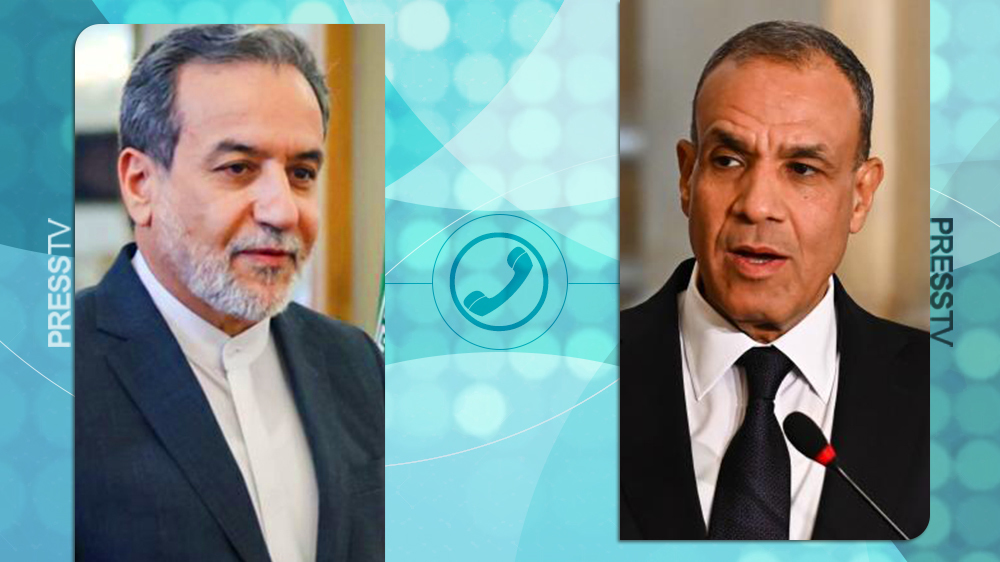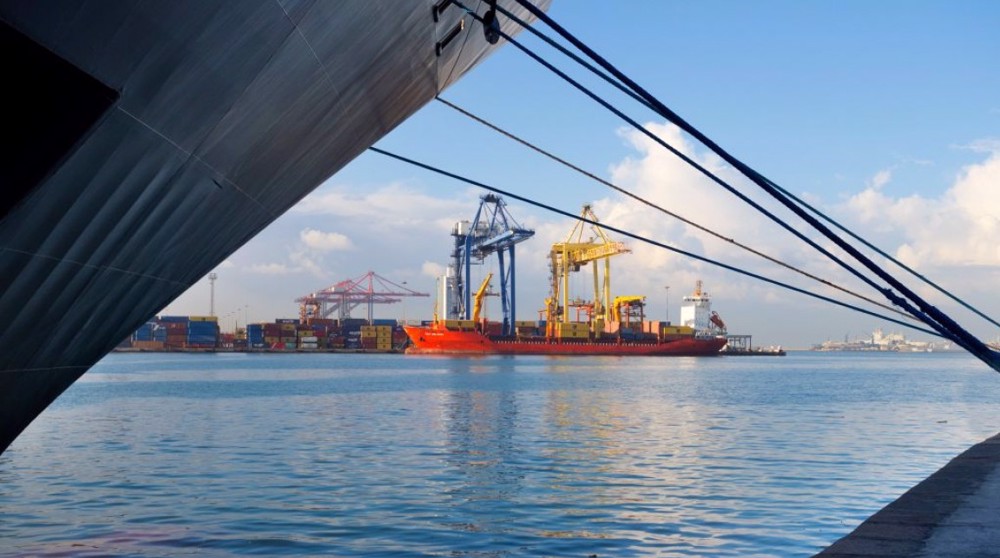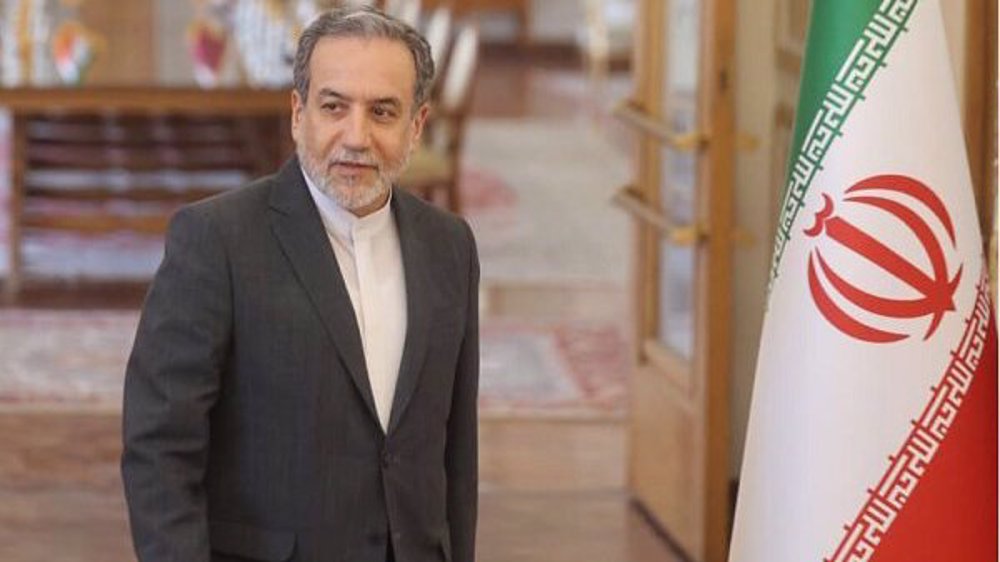Saudi visit to Ethiopia dam further strains ties with Egypt
A high-level Saudi delegation’s visit to a controversial dam in Ethiopia has angered Egypt, dealing a fresh blow to the already strained relations between Cairo and Riyadh.
Egyptian media lashed out at Saudi Arabia over the visit to the Grand Ethiopian Renaissance Dam (GERD) on Friday, describing it an act of revenge that could deepen tensions between the two countries.
The ongoing construction of the 6,000-megawatt power dam on river Nile by Ethiopia has been a source of contention especially from Egypt that considers the River Nile as its lifeline.
Ahmed al-Khateeb, a senior adviser at the Saudi royal court and board chairman of the Saudi Fund for Development (SFD), visited the site and met Ethiopia's Prime Minister Hailemariam Dessalegn on Friday.
Khateeb’s visit is the second of its kind by a Saudi official to Addis Ababa in less than a week after the kingdom's agriculture minister traveled to Ethiopia.
Egypt’s news commentator Mohamed Ali Khayr said "any interference in the GERD project implies a direct threat to Egypt’s national security," urging Riyadh to "review its policies before it can only blame itself for what ensues."
Speaking on Egyptian TV, Khayr also slammed the Saudi policymakers for being "amateurs," blaming them for a complete breakdown of bilateral relations.
Ahmed Moussa said over his talk show on Egyptian satellite TV channel Sada al-Balad that if Saudi Arabia and the Persian Gulf states were to invest in Ethiopia, their investment would be lost in the Nile.
"The GERD will not last forever, a volcano might erupt at any moment. So for those looking to invest billions in this project, your money might as well be going to waste," he said.

Tarek Fahmy, a lecturer at the American University in Cairo, also warned Riyadh that his country’s patience is waning and that Egypt will no longer accept actions that threaten its national security.
"You will soon hear that we have the capacity to intervene in the [Persian] Gulf region's affairs and provide support for the royals who oppose current Saudi policies," Fahmy said.
"Egypt has many cards to pressure Saudi Arabia, which we have yet to use," he added.
Egypt fears that the operation of the dam on the Nile will reduce the amount of water it gets, hence threatening its livelihood.
Egyptian political science professor Hassan Nafaa described Khateeb’s trip as an indirect message from Riyadh that it could align itself with anyone if Egypt does not comply with the kingdom’s foreign policy.
Nafaa told Daily News Egypt that the visit will likely deepen tensions between the two states, adding Cairo would not be tolerating Saudi’s implicit support for the dam construction project.
Tensions between Saudi Arabia and Egypt grew after Cairo voted for a Russian-drafted resolution on Syria at the UN Security Council, which the Saudi envoy described as "painful."
Egypt took an opposing position to Saudi Arabia by choosing to support the Syrian government and army in their fight against terrorists.
Since the vote, the Saudi Arabia’s ministry of petroleum said that the Saudi state-owned oil company Aramco has suspended its oil aid to Egypt.
Riyadh is also reeling from a ruling by Egyptian courts to quash a government decision to hand control of two Red Sea islands to Saudi Arabia.
Egypt's President Abdul Fattah el-Sisi announced that Tiran and Sanafir would be transferred in April, during a visit by Saudi Arabia's King Salman, sparking widespread criticism and protests.
The highest administrative court in Cairo later issued a verdict annulling the maritime borders agreement between Cairo and Riyadh.
Russia: Comprehensive deal with Iran will include defense, security ties
Israeli embassy shooting in Jordan leaves gunman dead, 3 police injured
VIDEO | Paris march in support of Palestine women
VIDEO | ICC issues arrest warrants for Israeli prime minister, ousted regime war minister
120 Palestinians perish as Israeli war machine keeps ravaging Gaza
VIDEO | Struggles of Palestinian women amidst war, displacement
VIDEO | Hezbollah rains attack drones down on elite Israeli brigade
VIDEO | US biased mediation fails










 This makes it easy to access the Press TV website
This makes it easy to access the Press TV website